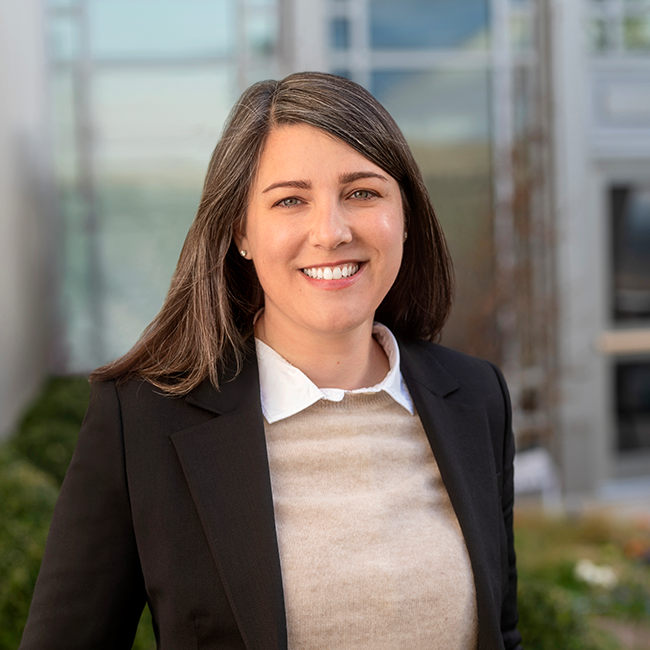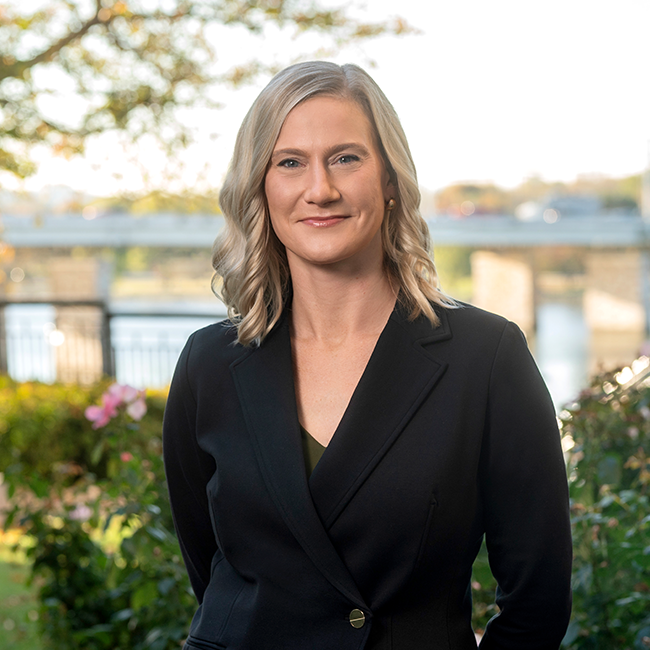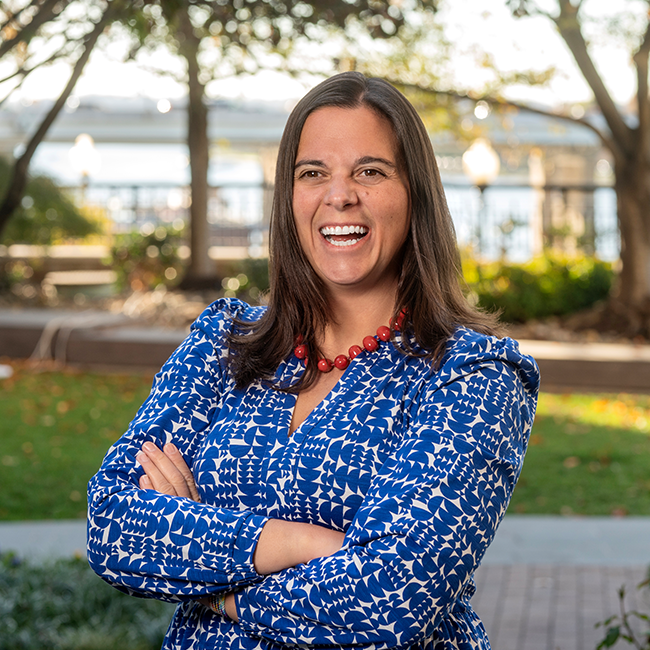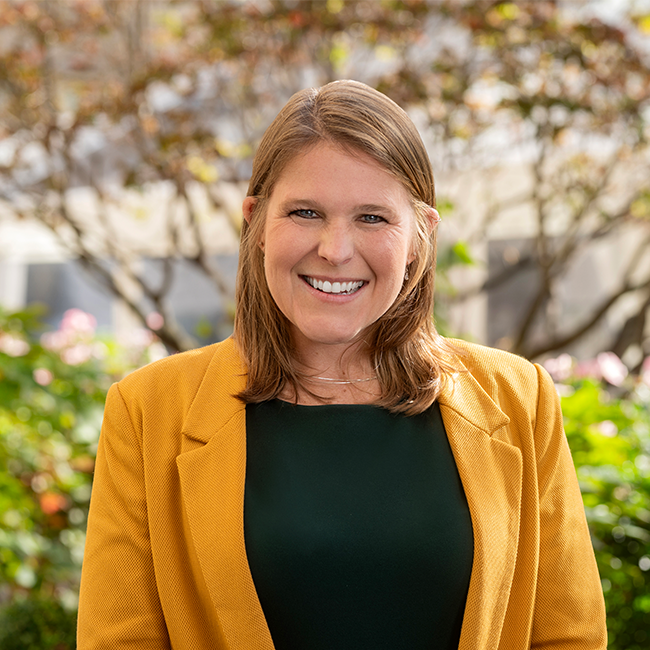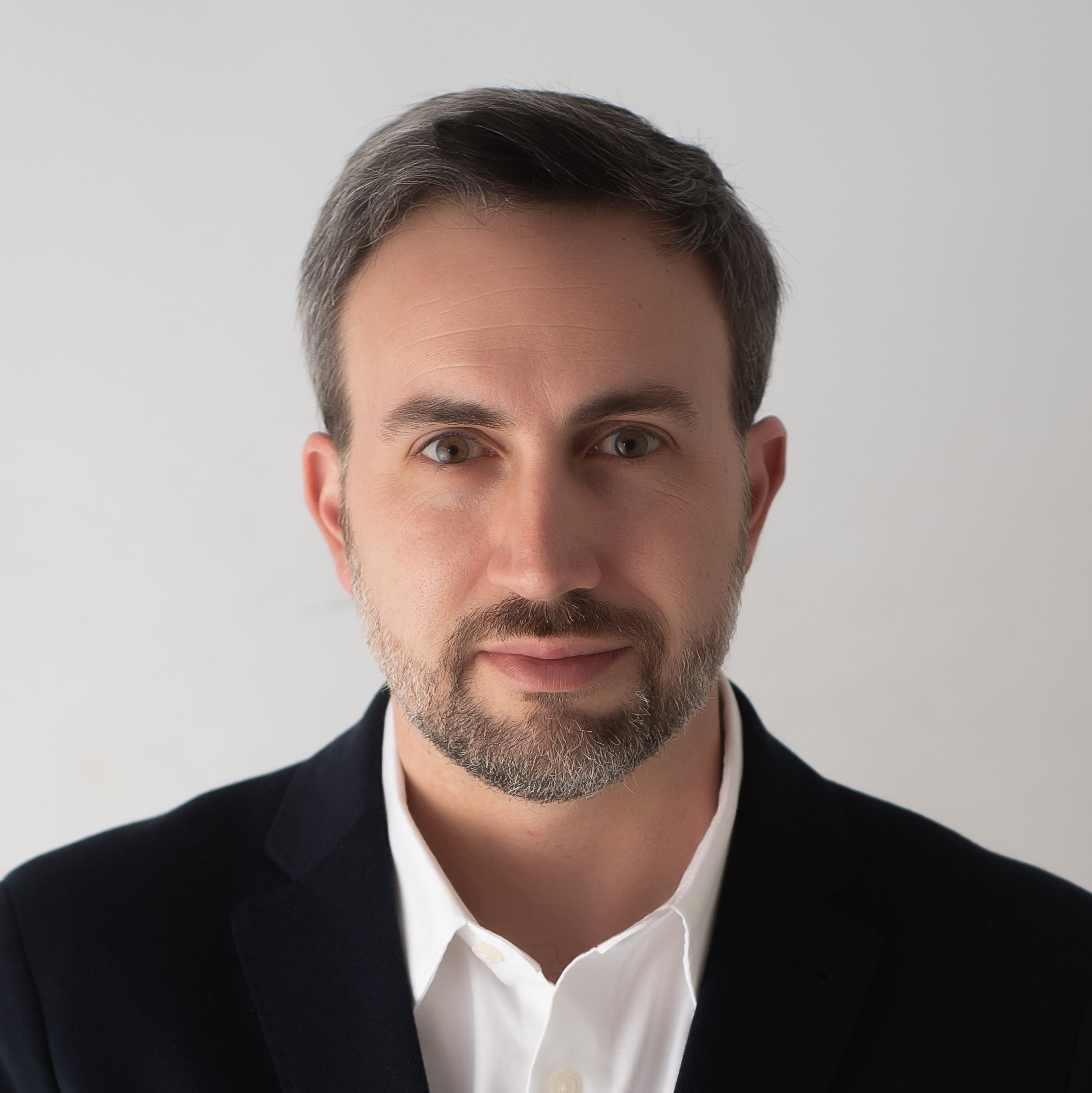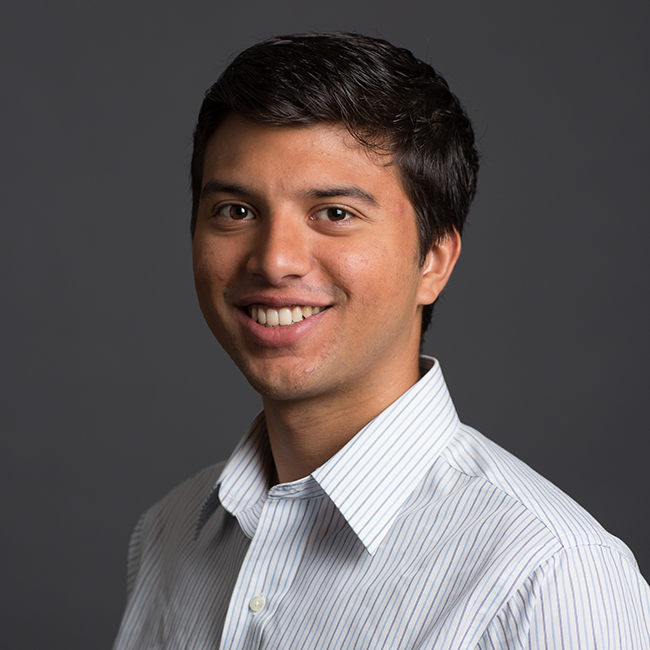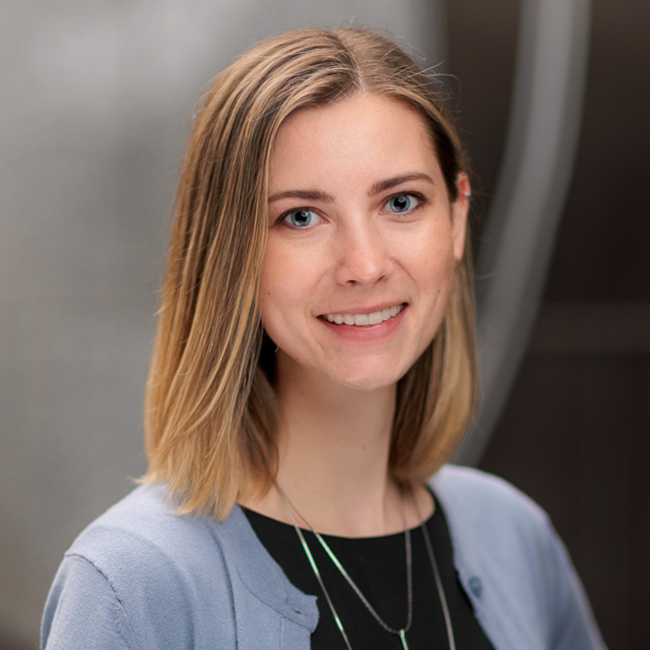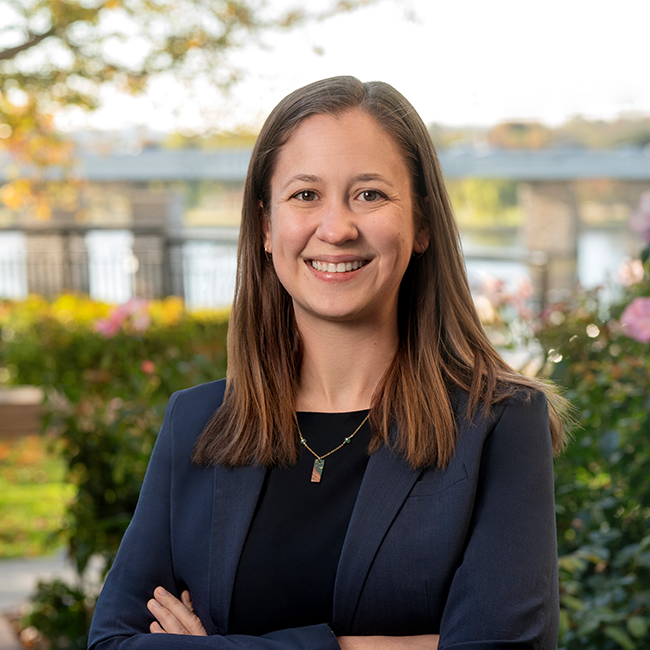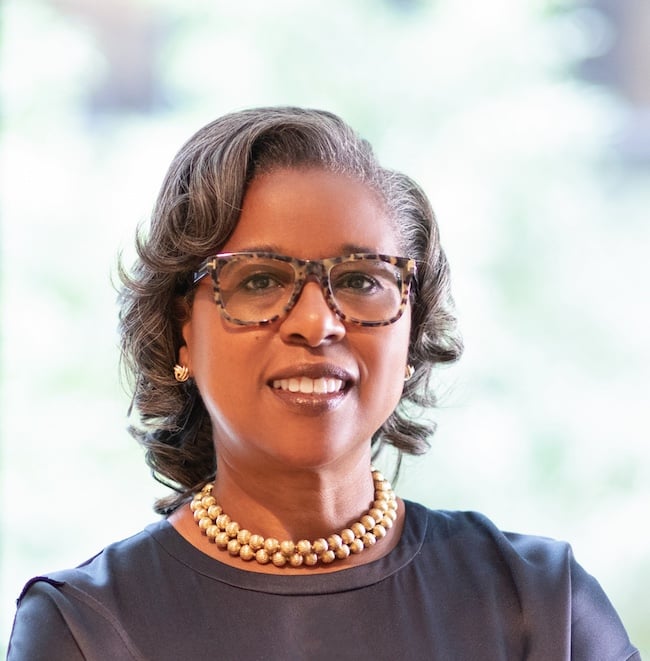
Milken Institute Strategic Philanthropy
Milken Institute Strategic Philanthropy tackles persistent societal challenges by guiding individuals and foundations with the insights and tools to develop strategies, implement giving programs, and foster collaboration to create a better, more equitable world.
Thriving Beyond Service: Strategic Philanthropy for the Military-to-Civilian Transition
This report draws on research and insights from 80+ experts to outline a framework for comprehensive veteran support in health, economic opportunity, community, and system improvements. Download to find actionable ways philanthropy can make a lasting impact.

Gun Violence Prevention Initiative

How We Work
 StrategyOur experts leverage their expertise to help funders understand the roadblocks and opportunities in a given field, and make recommendations for investments that champion long-term, sustainable impact.
StrategyOur experts leverage their expertise to help funders understand the roadblocks and opportunities in a given field, and make recommendations for investments that champion long-term, sustainable impact. ImplementationOnce a funding strategy has been identified, our advisors work alongside philanthropic partners to develop programs that transform systems. Each funding initiative is custom designed. Drawing from deep experience, we ensure that best practices and lessons learned from past efforts inform implementation tactics.
ImplementationOnce a funding strategy has been identified, our advisors work alongside philanthropic partners to develop programs that transform systems. Each funding initiative is custom designed. Drawing from deep experience, we ensure that best practices and lessons learned from past efforts inform implementation tactics. CollaborationEffective change needs strategic funding, collaboration, and expertise. However, competing priorities, concerns about risk, limited funding streams, and siloed fields have made the kinds of breakthroughs needed to benefit humanity exceptionally challenging to achieve. We use the depth and diversity of the Milken Institute network to connect funders with thought leaders, people with lived experience, and other stakeholders to engage with each other and collaborate to tackle complex issues.
CollaborationEffective change needs strategic funding, collaboration, and expertise. However, competing priorities, concerns about risk, limited funding streams, and siloed fields have made the kinds of breakthroughs needed to benefit humanity exceptionally challenging to achieve. We use the depth and diversity of the Milken Institute network to connect funders with thought leaders, people with lived experience, and other stakeholders to engage with each other and collaborate to tackle complex issues.
Our Work
Featured Thought Leadership

CAMK2-Related Neurodevelopmental Disorders: A Giving Smarter Guide
CAMK2-related disorders represent a rare and urgent intersection of deep scientific insight and profound unmet need.Read Report
Five Reasons Why Philanthropists Should Invest in Rare Disease Research
While philanthropic investment in any area of biomedical research or health care is worthwhile when done strategically, rare diseases are especially compelling targets for philanthropic dollars.Read ArticleImage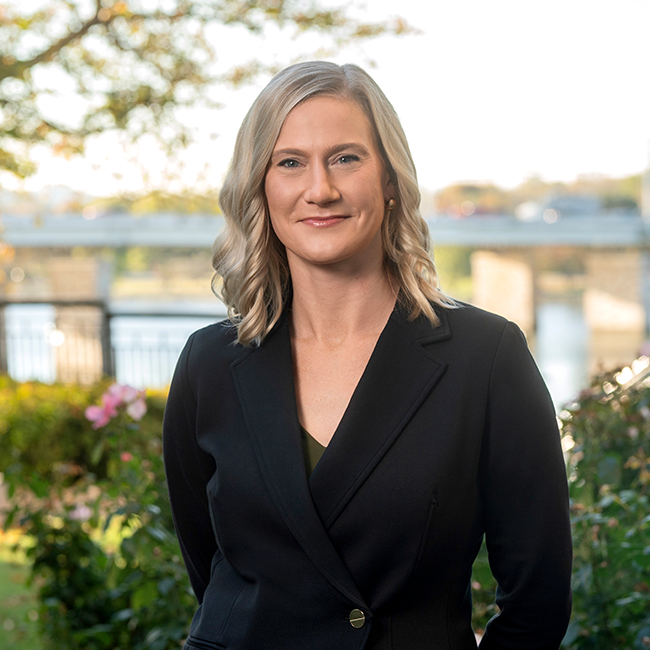
Elizabeth Burke, PhD
Associate Director, Science Philanthropy Accelerator for Research and Collaboration (SPARC) team, Milken Institute Strategic PhilanthropyElizabeth Burke, PhD, is an associate director on the Science Philanthropy Accelerator for Research and Collaboration (SPARC) team at Milken Institute Strategic Philanthropy. Her expertise lies in rare disease research, including neurodevelopmental and neurodegenerative disorders, strategic planning, project management, and promoting collaboration between clinical and scientific teams.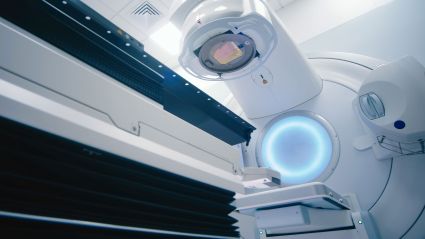
Milken Institute Science Philanthropy Accelerator for Research and Collaboration: Statement on the Johns Hopkins-Led Collaborative Pediatric Radiation Oncology Research Center Partnership
The Milken Institute Science Philanthropy Accelerator for Research and Collaboration (SPARC) applauds the nearly $40 million investment that an anonymous donor has committed to a collaborative set of institutions, led by Johns Hopkins...Read Article
Leading Through Transition: Corporate Philanthropy in Southeast Asia
Across Southeast Asia, companies are embedding social impact goals into their core strategies to address pressing national challenges, ushering in a new era of corporate philanthropy for the region. Developments in the region offer new...Read ReportAcross Southeast Asia, companies are embedding social impact goals into their core strategies to address pressing national challenges, ushering in a new era of corporate philanthropy for the region...

Recognizing Veterans and the Importance of Service
Throughout the United States' long history, support for veterans and military families has fluctuated within the general populace, often reflecting broader sentiments toward national service and sacrifice. As countries and populations face...Read ArticleThroughout the United States' long history, support for veterans and military families has fluctuated within the general populace, often reflecting broader sentiments toward national service and...

The Computing Imperative: Building America’s Talent Engine in the Age of AI
Building the US talent engine hinges on cultivating inclusive, future-ready education and workforce development. Despite hundreds of billions of public and private investment, the US still needs to move faster and more strategically to stay...Read ReportBuilding the US talent engine hinges on cultivating inclusive, future-ready education and workforce development. Despite hundreds of billions of public and private investment, the US still needs to...
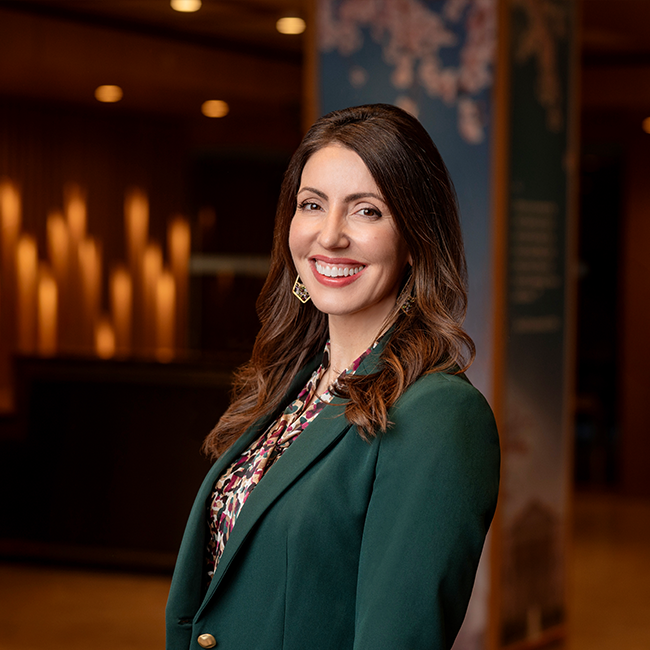
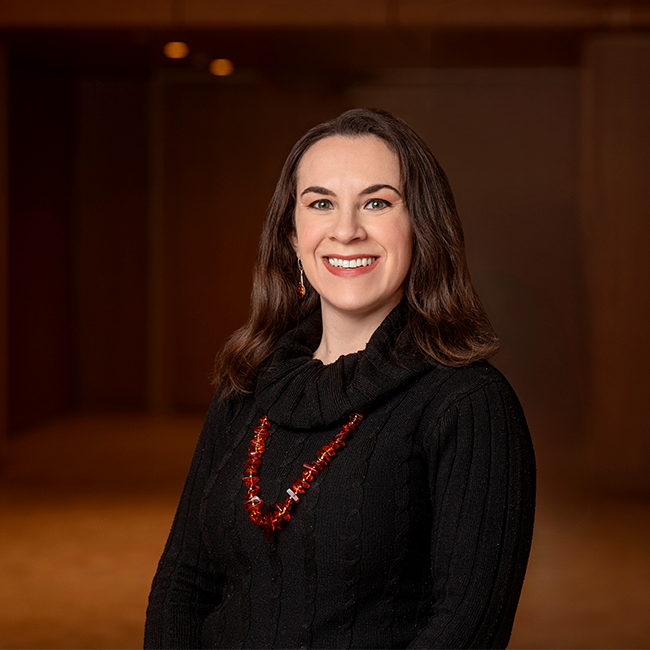 GA
KS
GA
KS
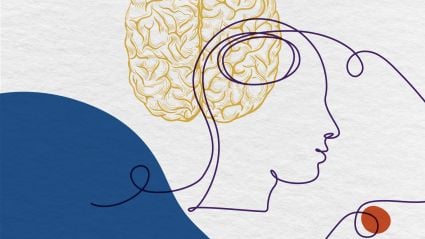
Schizophrenia Research and Care: Assessment of Challenges and Opportunities
Schizophrenia is a serious chronic brain disorder that affects approximately 24 million people worldwide. Individuals with schizophrenia experience a variety of symptoms—psychosis being the most widely recognized—and face a reduced life...Read ReportSchizophrenia is a serious chronic brain disorder affecting that affects approximately about 24 million people worldwide.
Ann Theodore Foundation Breakthrough Sarcoidosis Initiative, 2025–2026: Information Session
The Ann Theodore Foundation, in partnership with the Milken Institute Science Philanthropy Accelerator for Research and Collaboration (SPARC), is accepting optional letters of intent through Thursday October 23, 2025, for its fifth round of...View Webinar
Milken Institute, Ann Theodore Foundation Announce More Than $2.5 Million in New Funding for Sarcoidosis Research and Launch New Call for Proposals
The Milken Institute Science Philanthropy Accelerator for Research and Collaboration (SPARC), in partnership with the Ann Theodore Foundation (ATF), today announced that the Ann Theodore Foundation Breakthrough Sarcoidosis Initiative (ATF...Read ArticleImage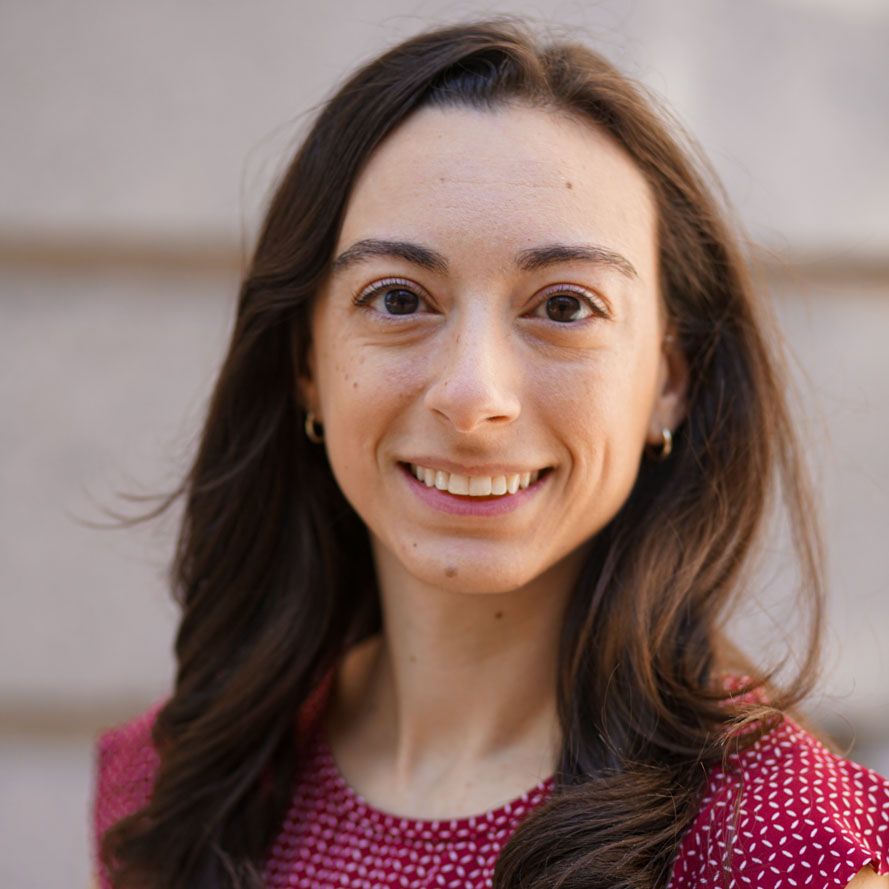
Sam Roth
Associate Director, Media RelationsSam Roth is the associate director of media relations for the Milken Institute. Based out of the Washington, DC, office, she oversees media coverage for the Health and Strategic Philanthropy pillars.
AGOA in the Balance
After 23 years, the African Growth and Opportunity Act (AGOA) expired on Tuesday.Read Article
Milken-Motsepe Prize in AI and Manufacturing Names 10 Semifinalists
Milken Institute to award total of $2 million to 10 companies revolutionizing next-generation manufacturing solutionsRead ArticleImage
Sam Roth
Associate Director, Media RelationsSam Roth is the associate director of media relations for the Milken Institute. Based out of the Washington, DC, office, she oversees media coverage for the Health and Strategic Philanthropy pillars.
A Global Imperative to Improve Brain Health
Age-related neurological and psychiatric diseases—including dementia, stroke, and late-life depression (LLD)—remain a major and growing public health challenge, as the global population over age 60 is expected to double by 2050.Read Report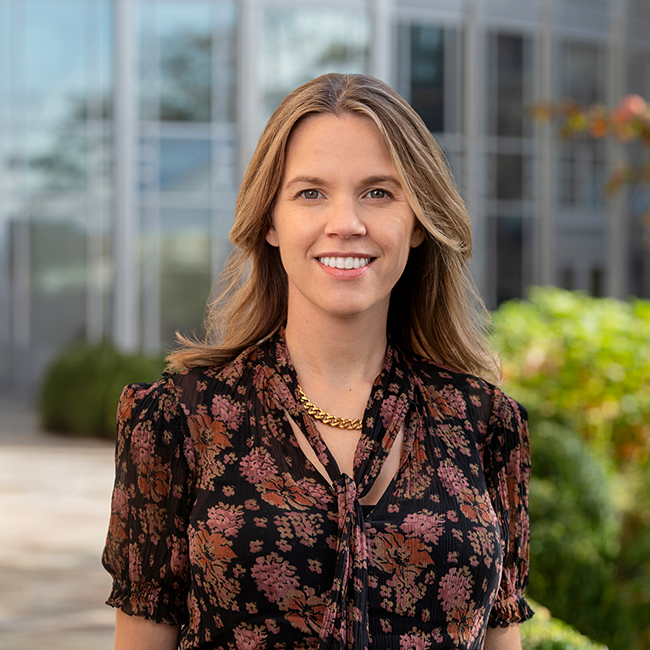
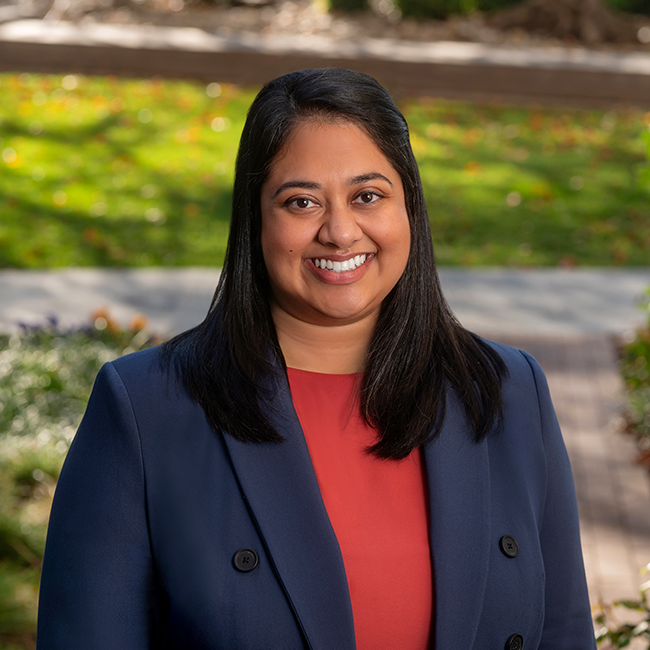
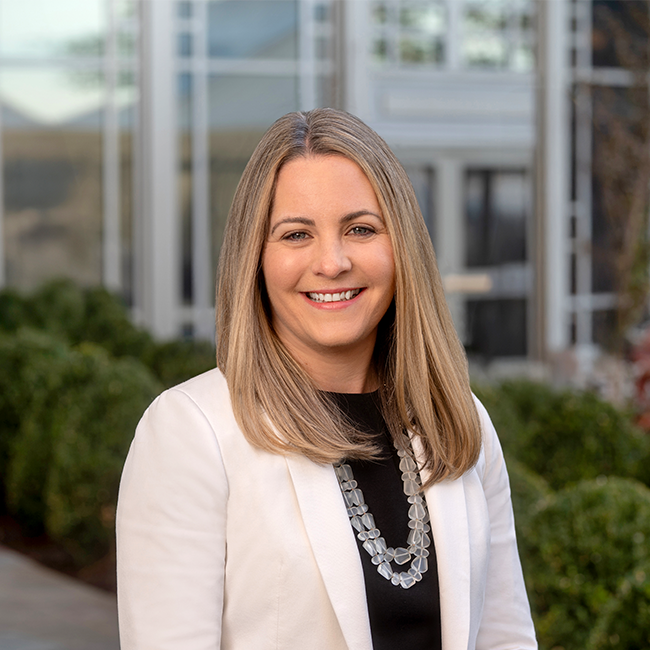 KP
SP
TP
Agnes Stephens,Ishita Das, PhD,Sylvie Raver, PhD,Katherine Eyring, PhD,Samantha Kost, PhD,andTanisha London, PhD
KP
SP
TP
Agnes Stephens,Ishita Das, PhD,Sylvie Raver, PhD,Katherine Eyring, PhD,Samantha Kost, PhD,andTanisha London, PhD
Get the Latest from Milken Institute Philanthropy




